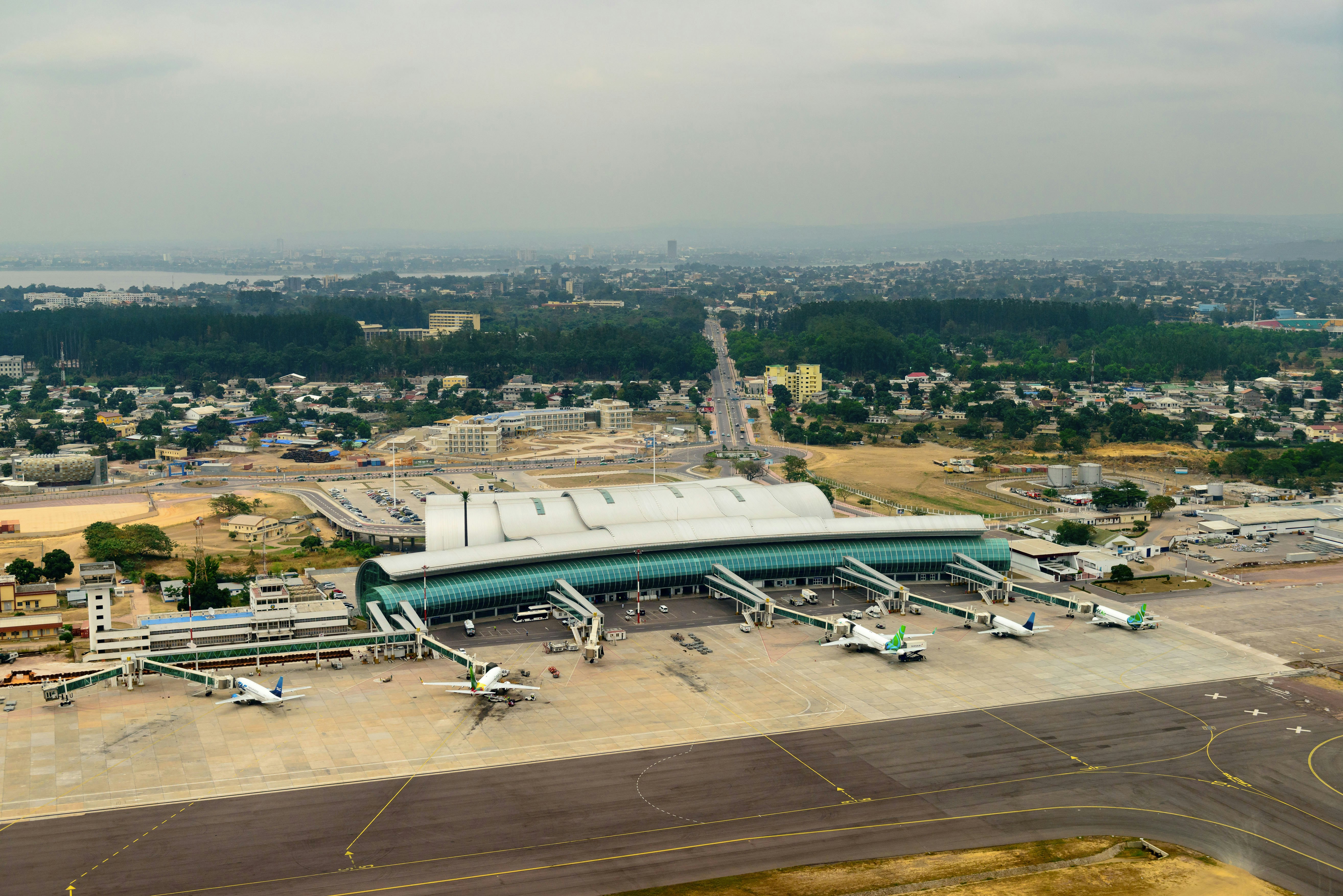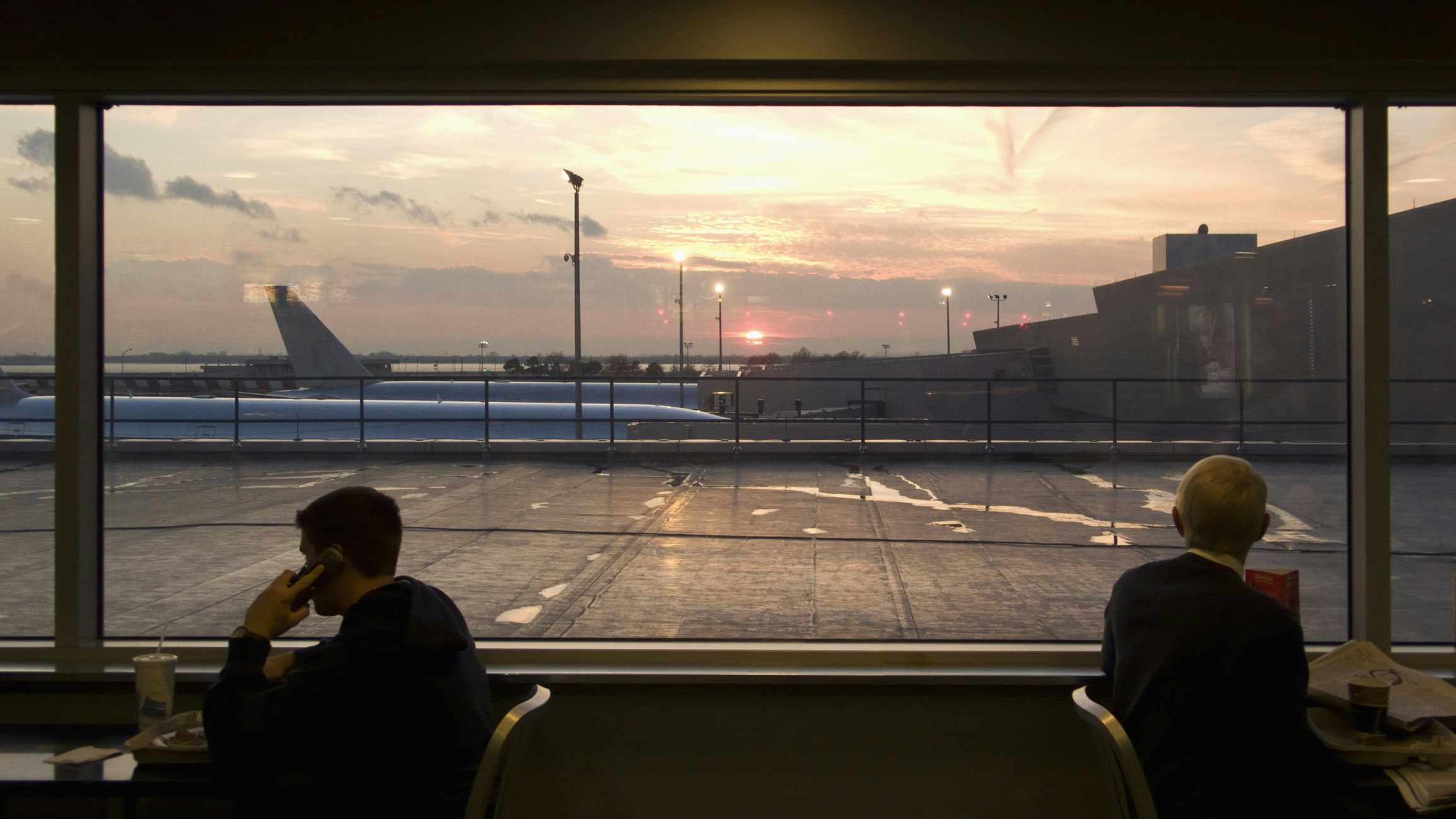For a long time, no matter where you were headed, it was difficult and expensive to put together a trip itinerary using one-way travel. One-way tickets make scheduling more difficult for airlines, so travelers trying to game the system with creative itineraries were often punished with higher prices.

Not only that, since business travelers were the bulk of their income, airlines knew they could charge corporate travel departments a premium in exchange for convenient flight times built around the work day. This left leisure travelers with little choice about when they traveled, where they went, or how much they paid.
But as travel styles have evolved, so have airlines' regulations. Although they are still a lucrative source of airline revenue, business travelers only made up 12 percent of air traffic in 2019. And not only are leisure travelers jet setting in greater numbers, they have increasingly varied travel needs – including a desire to visit a variety of destinations around the globe at their own pace.
So how do you piece together an itinerary of one-way flights to maximize your travel experiences and minimize costs?

Be Flexible
It goes without saying that you should look at all airlines – not just the flights with a single carrier – to make the most of one-way travel. But there are other advantages to being flexible with flights. If you’re able to adjust your schedule by a day or two in either direction, then you can choose flights based on when airfare is cheapest in general. Using the “Date Grid” view or calendar in an aggregator like Google Flight will allow you to see if you can save money by departing or arriving a few days earlier or later than you originally planned.
Want to save even more money? Consider arriving in one city and leaving from another. You could, for example, fly into New York’s John F. Kennedy International Airport, then take a taxi or train across the river to Newark’s Liberty International Airport for your flight elsewhere. London’s Heathrow Airport might be where you land, then your next flight might take off at Charles de Gaulle Airport in Paris. There are countless combinations around the world that are just a couple of hours apart by land, allowing you to see even more.
If you have frequent flyer miles to spend, you might be able to book your outgoing ticket with one airline and your return trip with another and take the whole trip for free. Don't be afraid to fiddle around with all the tools at your disposal while you do your research.

Know the Players
Major international carriers — the so-called legacy airlines — such as Delta, United, Air France, and British Airways were initially slow to embrace the one-way travel trend. But when discount airlines like JetBlue, Aer Lingus, Norwegian Air, and Southwest began successfully selling tickets in one-way segments regardless of a traveler’s plans, it started a shift in the industry.
It will always depend on the time of year and the proximity to vacation travel trends like popular religious and bank holidays, but these are currently the best points of entry for one-way flights to and from most regions of the world:
North America to Europe (and vice versa)
You don’t necessarily have to get to the east coast of North America before crossing the Atlantic, as there are often affordable flights from Los Angeles (for example, Norwegian has a $169USD non-stop flight to Paris). But across the board, most one-way flights to Europe will be considerably more expensive unless you are leaving from New York or Miami.
Typically, London, Paris, and Rome will be the cheapest destinations if you’re departing from New York. Other European hub cities to consider are Lisbon, Madrid, Dublin, and Oslo. Cities that are becoming more affordable include Porto, Copenhagen, Milan, and Tirana, Albania.
Once you are inside Europe, flights from these hubs to most major cities throughout the continent are consistently well under $100USD, often going for as little as $20USD during off-peak seasons – even cheaper in some cases than train fare.

Europe to Africa (and vice versa)
To fly into Africa at a discount, you need to break the continent up into regions, with certain cities in each being your best bet for affordable one-way tickets. (Note that these are not the regions designated by the United Nations but are based on ease of travel.)
Northern Africa includes Morocco, Algeria, Tunisia, Libya, and Egypt. Yes, Mauritania, Mali, Nigeria, Chad, and Sudan are technically in the north of the continent, but most of their population and travel centers are found south of the Sahara. Of the five northern African countries, all but Libya are easily and economically reached from Europe. Hubs are Casablanca and Cairo with occasional deals found in Fez, Algiers, and Tunis.
The smaller African nations centered around the Gulf of Guinea include everything between Senegal and Gabon. Hubs in this region are Dakar, Senegal; Conakry, Guinea; Accra, Ghana; and Lagos, Nigeria, with the cheapest flights from Europe usually arriving in Dakar or Accra. The short flights between these African nations can be shockingly pricey. For instance, the one-way flight between Accra and the capital of its neighbor, Togo, is an undeviating $361USD for the 50-minute trip. Because of this, travel between countries in Western Africa is more affordably accomplished overland.
Eastern Africa is taken to include all of the countries east of the Great Rift Valley, from Ethiopia down through Tanzania. Addis Ababa in Ethiopia is the most affordable hub in this region, with Nairobi, Kenya, coming in at a distant second. Basically, if you’re flying from any part of eastern Africa to any other part of the region, you will likely have a layover in Addis. And flights from Addis to all parts of Ethiopia are usually fixed at just over $100USD, so it’s a great locale from which to fully explore the country.
Put simply, Central Africa is expensive if you’re flying, as airports are few and air travel is not a priority in this region. Even domestic flights will be in excess of $500USD, and you will likely stop in Addis Ababa, Nairobi, or Entebbe, Uganda. Do your research and be prepared to purchase tickets quickly if you find a rare deal.
Southern Africa includes all countries south of Tanzania and the Democratic Republic of Congo. The obvious flight hub in this region is Johannesburg, South Africa, with prices to and from most cities in Africa tracking nearly $100USD cheaper than any other airport. A second choice would be Lusaka, Zambia, especially if you are looking to visit the area around Victoria Falls.

Asia
Flights to and from Asia are plentiful and deals abound. Begin your research with tickets into and out of Kuala Lumpur, Singapore, Jakarta, Mumbai, Hanoi, Istanbul, Tokyo, and the Chinese “city of the month.” This isn’t an official designation but rather a frequent traveler observation; since the Chinese government owns the country’s airlines, they seem to use it to promote travel throughout the country by moving the deals around on a regular basis. It’s hard to predict since it isn’t free market, but you’ll always find a hub city you can use as a springboard for other in-continent flights or affordable train fare if you’re staying in China.
Island-hopping in the South Pacific is always going to be an expensive endeavor, but if you’re searching for deals traveling to Australia, New Zealand, and the Pacific Islands of Oceania, check out flights from Southeast Asia, since they’re typically the most cost-effective stopover. Once you are in the region, the least-expensive flights will originate from Sydney or Auckland, with Nadi, Fiji, getting an honorable mention for routes to some of the more remote island nations.
South America
South America is largely serviced by national and regional airlines with in-country fares that rival European budget carriers. Domestic flights within most South American countries hover around the $50USD mark but will often increase by a factor of ten when flying from one country to another. Good deals flying into and out of the continent can be found in cities like São Paulo, Buenos Aires, Santiago, Lima, Bogotá, and Medellín.
Panama City, Panama, is a routinely affordable way to enter Central America.

Middle East
Flights on Middle Eastern airlines like Qatar Airways, Emirates, and Etihad Airways will almost invariably include a layover in Doha, Dubai, or Abu Dhabi, respectively. The result is that these cities are now a major hub for travel throughout Europe, Africa, and Asia, although it often means you’re flying well out of your way to get from point A to point B, albeit affordably.
Regardless of whether or not they are your final destination, check to see if any of these cities fall along your route. Even if they weren’t originally part of your plans, taking advantage of major hubs could give you a bonus travel experience and drastically reduce your transportation costs along the way.
Have you noticed those colorful route maps in the back of in-flight magazines? They’re a good place to find each airline’s hub cities where they’ll offer the greatest number of inbound and outbound flights, and that frequency often leads to lower prices. You can find these maps on the airlines’ websites, too.

The Fine Print
If you’re flying internationally on one-way tickets, you’ll need to provide proof of onward travel. The airlines and immigration officials generally don’t care where you’re going; they just want to know that you have plans to leave their country on a given date that is within the acceptable amount of time for visitors. It’s their attempt to prevent illegal immigration.
Your onward travel doesn’t have to be a flight, though; a train or bus ticket or a rental car reservation should also suffice as long as it’s with a legitimate company. Be sure to have a copy of your ticket receipt or a screenshot of your itinerary ready to show to an agent when it’s requested, since wifi isn’t always available in airport customs and immigration areas.
Be aware that your low-price airfare will likely come with low-price service. Take a look at airline websites to see if you need to bring your own snacks and amenities like earbuds and blankets, be prepared with your own entertainment options downloaded in advance, and generally assume that baggage fees will be extra and carry-on luggage is your best bet.
And while it’s almost never addressed by officials, purchasing a round-trip ticket and only using a portion of the itinerary is against airline ticketing policies. “Throwaway ticketing” may be tempting, particularly if they’re running a round-trip airfare sale, but it could result in you having to pay the price difference between the round-trip fare and a more expensive one-way ticket. You could also potentially be barred from flying the airline if you’re caught.











